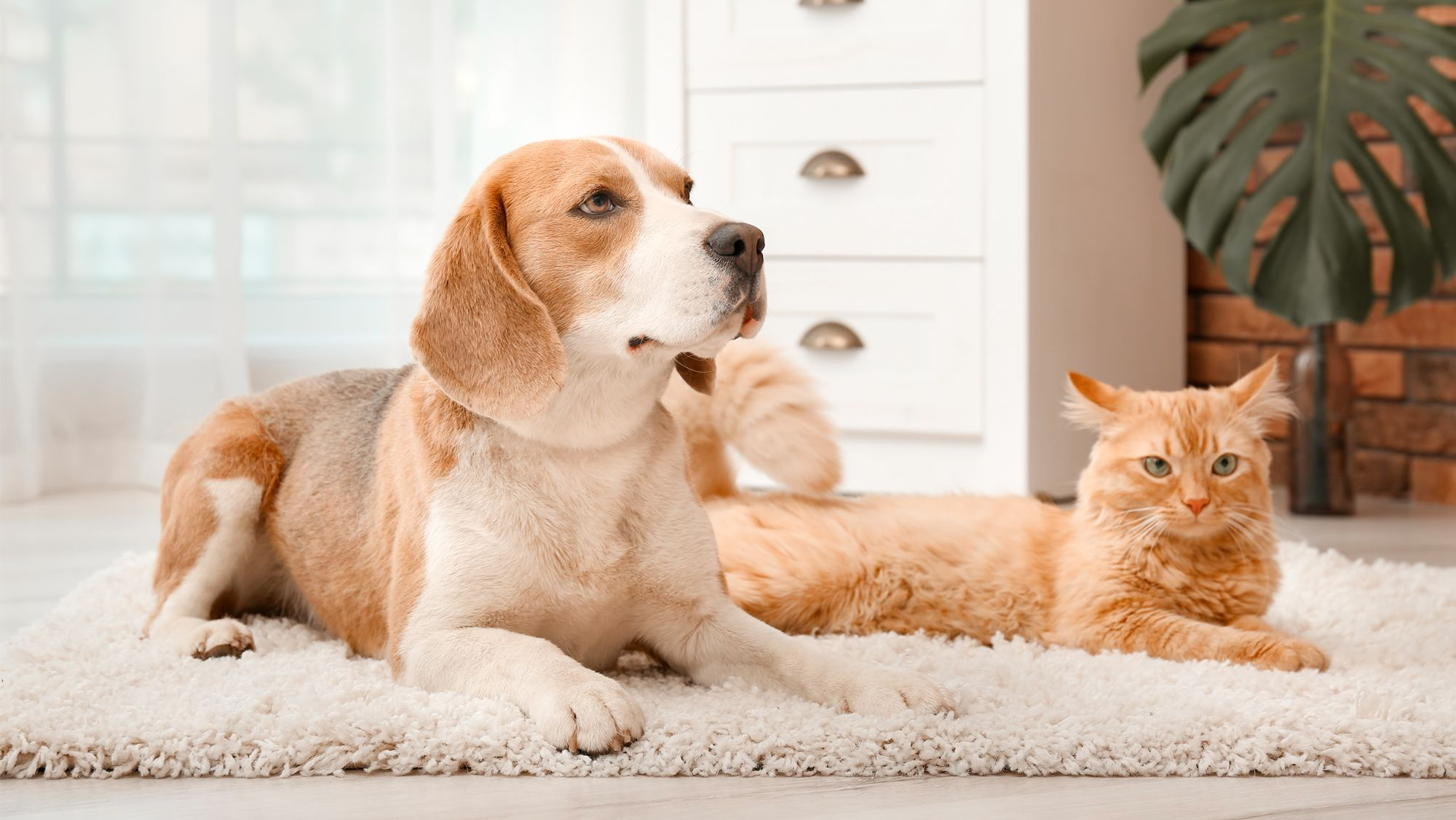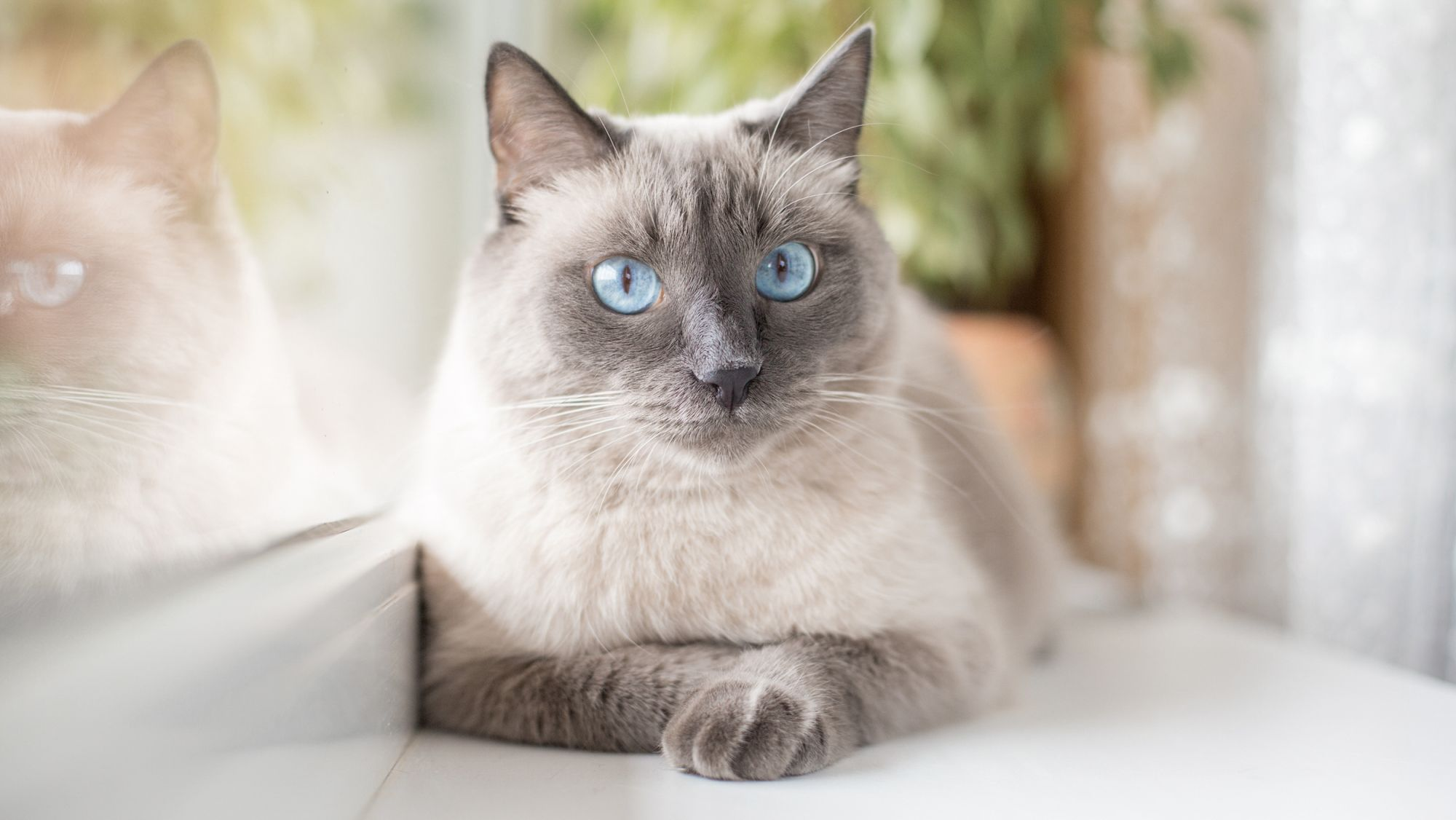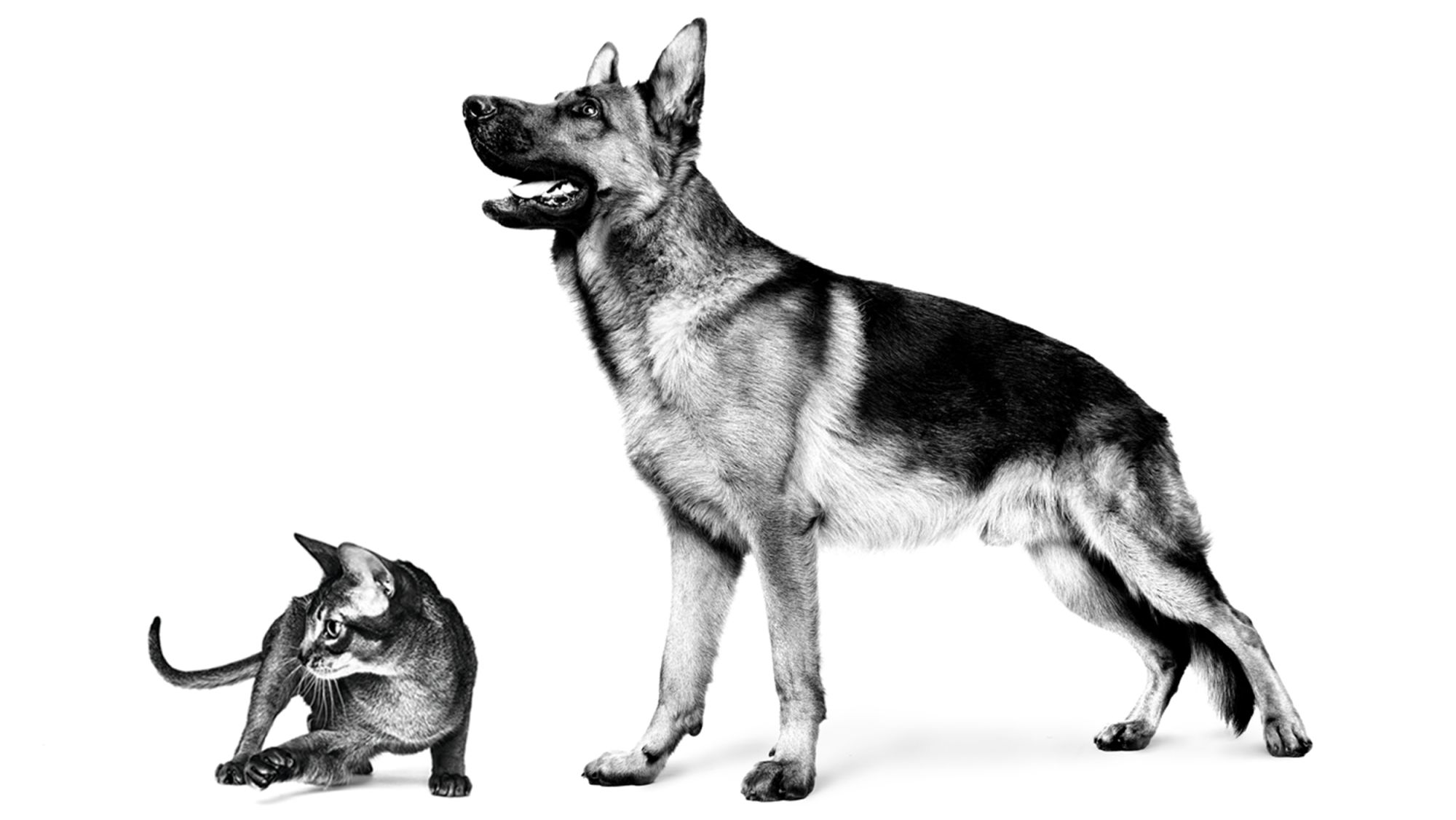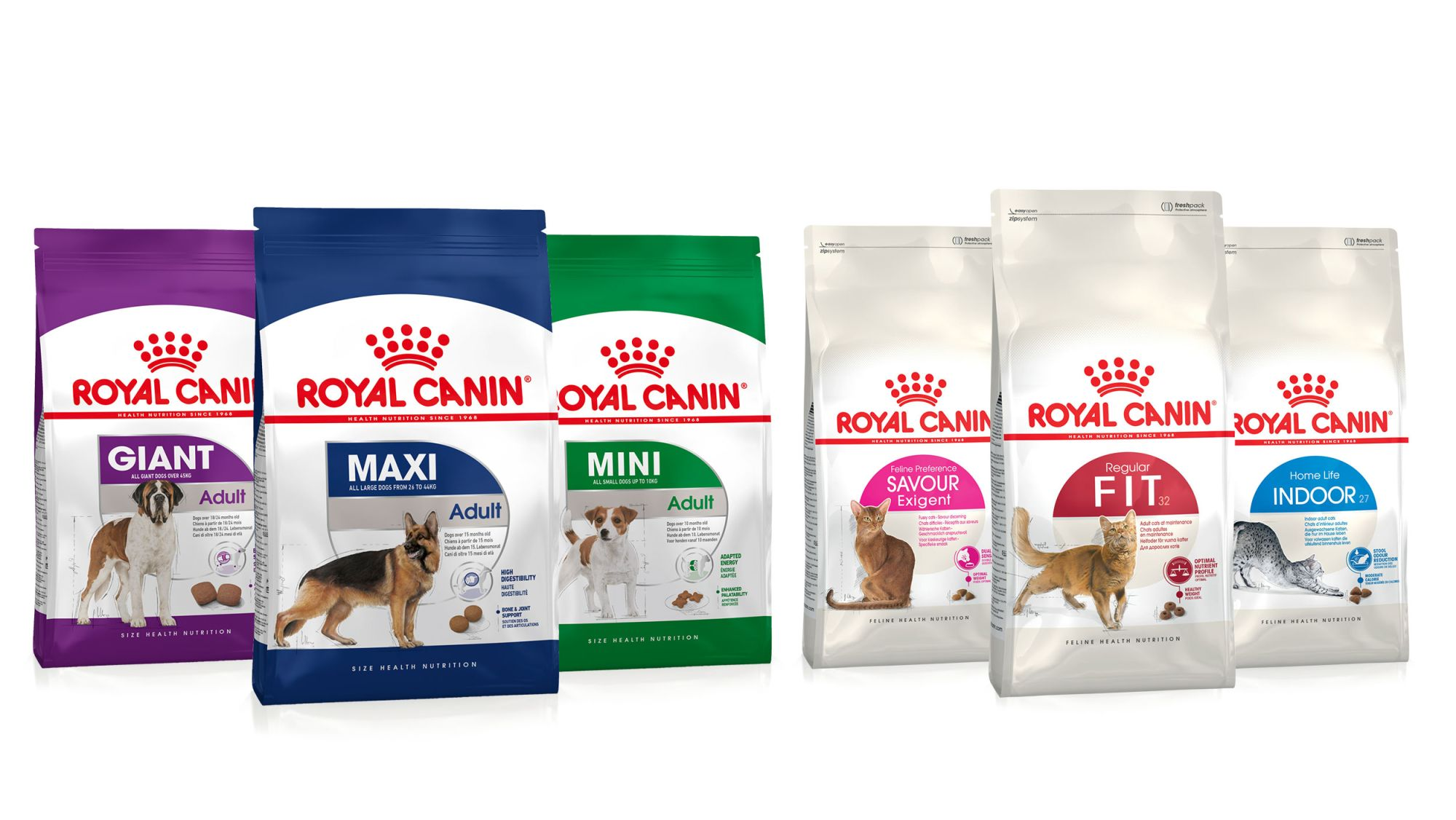Is my cat or dog food nutritious?
Article

To live a long and healthy life, cats and dogs need the right nutrition. But as a pet owner, it can be hard to know whether the food you’re giving them is meeting all of their needs. So if you’re worried that your cat or dog is deficient in essential nutrients, here are a few things to bear in mind.
What is nutritious pet food?
When you’re assessing healthy dog food or cat food, you must consider more than just the ingredients it contains.
A complete and balanced diet can be achieved in a number of different ways, using ingredients from a wide range of sources – animal proteins, plant proteins, cereals to name just a few.
All of these ingredients can offer essential vitamins, proteins, minerals and fats for dogs and cats. It’s the nutrients provided by the combination of ingredients and, perhaps more importantly, the way they are incorporated into the pet food, that matters most.
It’s actually possible to create the same nutrient profile by combining very different ingredients. For example, chicken and mashed potatoes has a very similar nutrient profile to rice, beans and tofu. Although these are two very different meals, they’re very similar in nutrient content.
What's important is not so much the ingredients that go in, but the nutrients that your cat or dog gets out of these ingredients. Put simply, a good nutritional profile is one that delivers what your pet needs.
Is my dog or cat food digestible?
This brings us onto another very important factor when it comes to assessing healthy cat food and dog food – digestibility.
Digestibility refers to the ability of the food to be digested and absorbed by a pet. For example, an ingredient may be rich in nutrients but hard for a cat or dog to digest. This means that fewer nutrients are absorbed by the animal's intestines and, consequently, fewer end up in the bloodstream.
You could have an ingredient mix that appears to be very nutritious, but if the pet food is not digestible, then the essential nutrients that your cat or dog needs will not be unlocked and absorbed.

There are a number of factors that can determine digestibility. These include the formulaic make-up, in terms of the type of and ratio of different ingredients, as well as the quality of the ingredients.
The way ingredients are ground and cooked can also have a major impact on digestibility. For example, corn in its raw form has a fibrous outer shell, but when ground and cooked correctly, the centre is exposed, making it much easier for cats and dogs to digest the beneficial nutrients.
Similarly, overheating during the production process for meat and animal by-products can result in decreased digestibility and the reduced bioavailability of certain amino acids. This means less protein is digested and absorbed.
But how can you tell whether your pet’s diet is digestible and that they're getting the nutrients they need? One way is to keep an eye on their stools – generally dogs and cats should excrete formed but not overly hardened stools once or twice a day. If your pet is producing stools less frequently than this or with a different consistency, digestibility may be an issue. If they’re straining to defecate, this could also be a sign of digestion issues.
As always, you should consult your veterinarian if you have any concerns about your pet’s gut health – they will be able to advise a diet that’s digestible for your cat or dog.
Risks of nutritional deficiencies in cats and dogs
Every nutrient, including vitamins and minerals, plays a role in the bodily function of your cat or dog. That’s why nutritional deficiencies can have devastating consequences.
For example, a lack of vitamin A in the diet can lead to eye problems, skin conditions and even pulmonary complications. Likewise, a deficiency in calcium can cause decreased bone mineral content, resulting in softer bones and even fractures.
This is why it’s so important to ensure that the food you give your pet meets their specific nutritional needs.

Put the individual needs of your pet first
An optimal diet profile should be chosen based on the needs of the pet: breed, life stage, lifestyle, individual preferences and health status. From here, high-quality, highly digestible ingredients are sourced and can be combined to match the desired nutritional profile. This is what we call a "nutrient-based approach".
This method ensures that pet food provides enough energy, with the proper quantities of protein, fat and carbohydrates for the pet. It also means that the nutritional demands of healthy physical development and maintenance are met, with essential amino acids, vitamins, mineral and fatty acids.
Pets with health conditions, such as skin problems or urinary issues, may require targeted support, with precise levels of antioxidants, fibre and prebiotics. Others may benefit from special care formulations, with very specific nutrients limited or added to support particular health issues.
At Royal Canin we have always advocated a nutrient-based approach. This is how we develop precise nutrition for cats and dogs of all individual nutritional requirements. For more information, please explore our pet nutrition range or talk to your veterinarian.
Related Articles

Royal Canin’s approach to nutrition

Browse our product ranges
Like & share this page